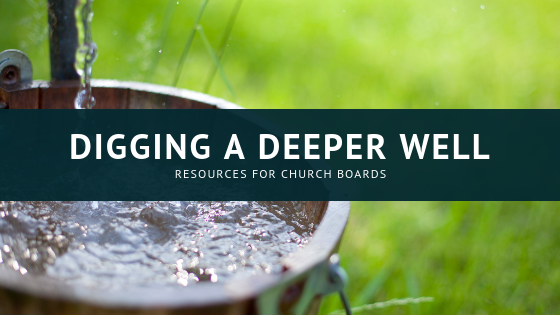In his 1974 essay “Vocation as Grace,” Baptist minister and writer Will D. Campbell (1924-2013) recounted a conversation he had once had with a high-wire performer for a traveling circus:
I asked him why he chose that particular way of making a living. The first few minutes were filled with circus romance – the thrill of hurling through space, feeling at the last instant that pasty flesh of two always welcomed hands pressing around the wrists, swinging you forward to the next set of pasty hands which in turn deliver you safely back to the starting platform; the joy of laughter and approval and applause in the eyes of “children of all ages,” the clanking of train wheels moving you on to the next city; even the part about it being a comfortable life with good pay. But finally he said what I had not expected him to say. “Now you really want to know why I go up there on that damned thing night after night after night?” I said I did. “Man, I would have quit it a long time ago. But my sister is up there. And my wife and my father are up there. My sister has more troubles than Job. My wife is a devil-may-care nut and my old man is getting older. If I wasn’t up there, some bad night, man… smash!” His foot stomped the floor with a bone cracking thud.
H’mmm.
He started to walk away but I had one more question to ask and ran after him. “But why do they stay up there?” He looked like he didn’t want to answer, wasn’t going to answer. But then he did. Turning from the door of the boy’s locker room in the county seat high school, with a brown craft cardboard box and heavy Crayola sign: MEN’S COSTUMES above it for the evening’s performance, he looked me up and down and then, as he disappeared, blurted it out: “Because I drink too much!”
- What stories do ministers and congregation leaders tell each other about why they are showing up for each other, Sunday after Sunday, weeknight meeting after weeknight meeting?
- Are these largely stories of ‘circus romance’ (hurling through space, leaping tall steeples in a single bound) or do they go deeper?
- Most important, do these stories allow both pastors and congregation leaders to understand the ways in which they depend on one another?
The single verse from Galatians (6:2) “Bear one another’s burdens, and in this way you will fulfill the law of Christ” provides a foundation for this exploration.
The inter-dependence of pastors and lay leaders is essential to the health of congregations, but a hard thing to accept, much less acknowledge or discuss. Inherent in both Campbell’s story and the Galatians text is a mutuality – of trust, vulnerability and attention – that is too often neglected or under-developed among church boards. These values are often absent from church board meetings themselves.
Perhaps a board meeting that starts with a discussion of Campbell’s poignant anecdote or the Galatians text would help your own board and staff dig a deeper well to sustain the work and each other for the long-term.
- What burdens is Galatians referring to?
- Why do ministers need church board members? What is it that church board members are uniquely equipped to do?
- Why do church board members need ministers? What is it that ministers are uniquely equipped to do?
- What work (high wire or otherwise) is it essential that ministers and church board members do together? What burdens can they carry only together?








No Comments